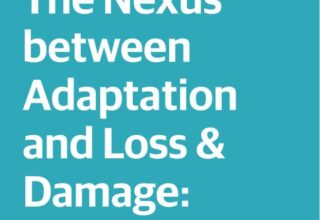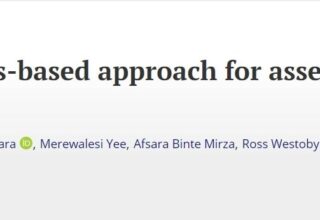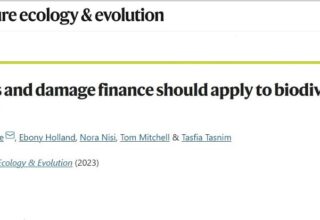Abstract
Beginning as an afterthought in the UN Framework Convention on Climate Change, adaptation as an agenda has come a long way since 1992. With no ambitious mitigation, recent years have witnessed an increasing frequency of extreme climate events, including cross-border or borderless climate risks. Accordingly, the Paris Agreement frames adaptation as a global goal and global responsibility. However, financing for adaptation continues to remain extremely poor, relative to the estimated needs, even though the regime has obligatory provisions for support by developed countries. Why is this so? Why should the majority of the countries, with an insignificant contribution to causing the problem, suffer from increasing climate impacts? How can adaptation finance be enhanced at scale? As a response to these queries, the paper substantiates three claims: (1) that poor funding can be attributed to the territorial framing under the regime that conceptualizes adaptation largely as a local or national public good and, hence, the inefficacy of market mechanisms, (2) that it makes conceptual and political sense to consider adaptation as a global public good, and (3) that such a reframing should make a difference in boosting adaptation finance. In a multi-polar world with different views on adaptation finance, multilateral agencies should lead in promoting the proposed framing.
Authors:









